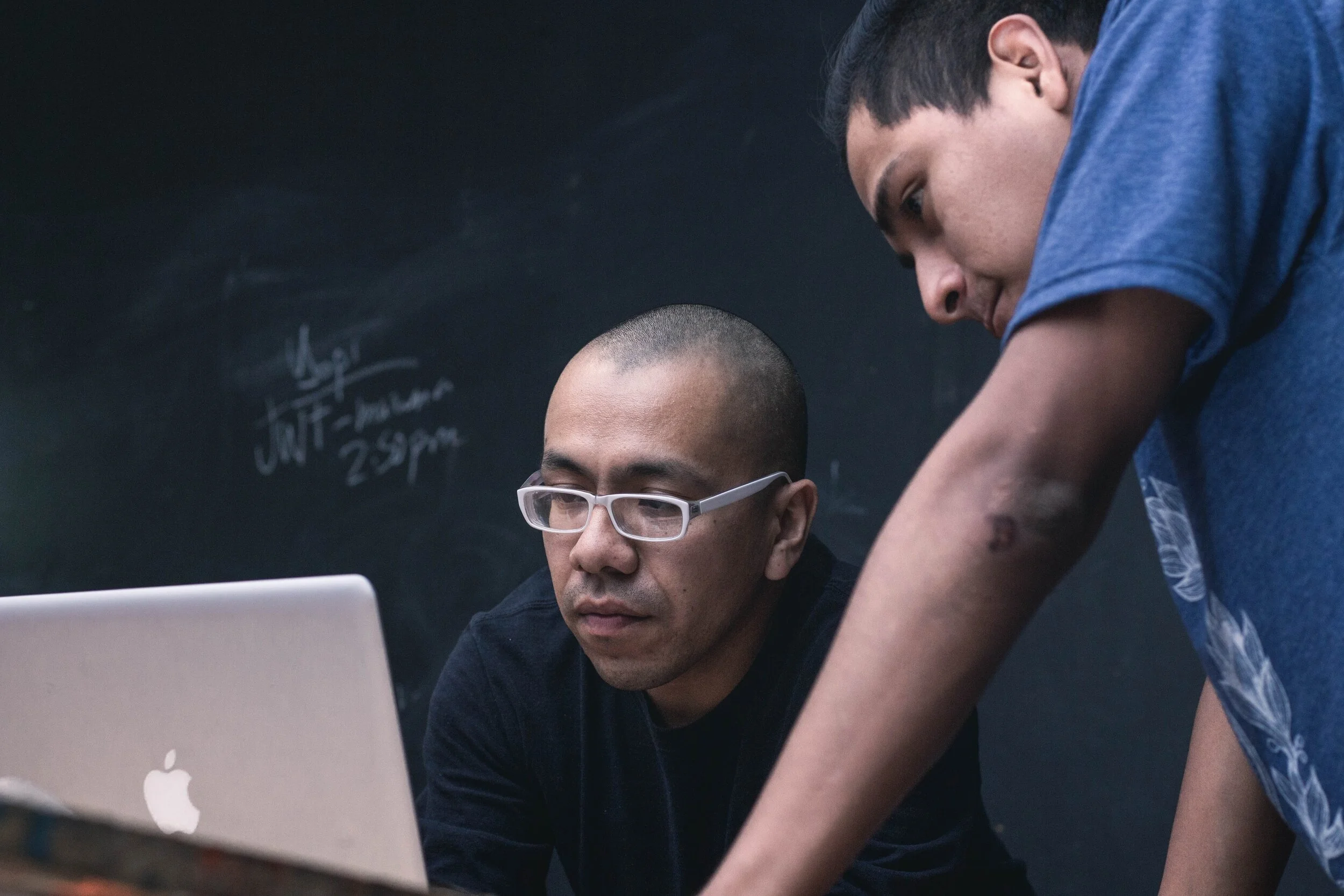
Be an Active (Not Passive) Participant During the Interview Process
Avoid simply going passively through the entire interview experience. Be active and present. And the key lesson in applying and interviewing for teaching positions is to understand that losing is sometimes inevitable, but the trick is not to make a habit of it. This article shares simple strategies to remain in control and wrap-up the interview in your favor.

How I Rebounded from Bombing my Teacher Interview
As your student teaching practicum begins to wind down, the reality of finding your ideal teaching job may hit you like a ton of bricks. Or perhaps the quest for finding a job has been on your mind for months. In either case, looking for the perfect teaching position will take time and effort. You must be ready to put yourself out there and be open to possibilities. This article explores the strategies to land that teaching job.

Get the Edge: Practice Interview Questions
Feeling prepared and ready for your upcoming interview is a surefire way to boost self-confidence and increase your chances of being hired for your dream teaching position. A prepared job candidate will be ready to address any question in an interview. Certainly, there will be an unexpected question or two, but the effective candidate will always be able to respond to interview questions in a thoughtful and deliberate manner. Proper preparation consists of ongoing reflection, research, and practice.

How to Frame your Response to Teacher Interview Questions
This article addresses how to respond to teacher interview questions. Applying a framework – a conceptual structure of ideas and rules – when fashioning your interview response may lower your anxiety to a healthier level and create a more coherent and compelling interview response. Let’s start to unpack this framing strategy.
Applying for a Teacher Position in an Unfamiliar School? Be Prepared.
If offered an interview at an unfamiliar school understand that you are already at a disadvantage. You may not be as knowledgeable about the school as another job candidate that student taught there. In my book, Road to Teaching, I offer strategies to maximize your knowledge of the community, school, and, most importantly, the students before heading into your interview. Acknowledging that time is of the essence, here are quick tips to better prepare for your interview...

School Administrators Turn to Behavior-Based Interview Questions
I attended a workshop that taught school administrators how to use behavior-based interview (BBI) question to hire quality teachers. The basic idea behind BBI is that the candidate’s past behavior will be the best indicator for future behavior. BBI has been around for years, but used primarily in business.
A BBI question may start something like...
- DACA (1)
- DREAMers (1)
- Deferred action (1)
- Education policy (1)
- Enacted-on-the-spot activity (1)
- Engagement strategy (1)
- Interview (1)
- Interview Follow-up Question (1)
- Interview mistakes (1)
- Learning Objectives (1)
- Online Games (1)
- Student teaching (1)
- Taking Instructional Risks (1)
- Teacher financial aid (1)
- Undocumented parents (1)
- Vocabulary strategy (1)
- answering teacher interview questions (1)
- being imperfect (1)
- educator self-care (1)
- interviewing (1)
- pathway to teaching (1)
- practicing teacher interview questions (1)
- productivity (1)
- responding to teacher interview questions (1)
- self care (1)
- self-care (1)
- student evaluation of teacher effectiveness (1)
- student survey questions of teaching performance (1)
- student teacher (1)
- student teaching (1)
- teacher boundaries (1)
- teacher candidates (1)
- teacher evaluation (1)
- teacher healthy habits (1)
- teacher interview questions (1)
- teacher interviewing (1)
- teacher worksheets (1)
- teaching (1)
- videotaping (1)
- videotaping for the edTPA (1)
- #edtech (2)
- Formative Assessments (2)
- Pathway to Teaching (2)
- Teacher interview preparation (2)
- book release (2)
- edTPA writing (2)
- writing for the edTPA (2)
- Teacher interview (4)
- Preparing for teacher interview (5)
- planning for the edTPA (6)
- edTPA (7)
- edTPA strategies (7)
